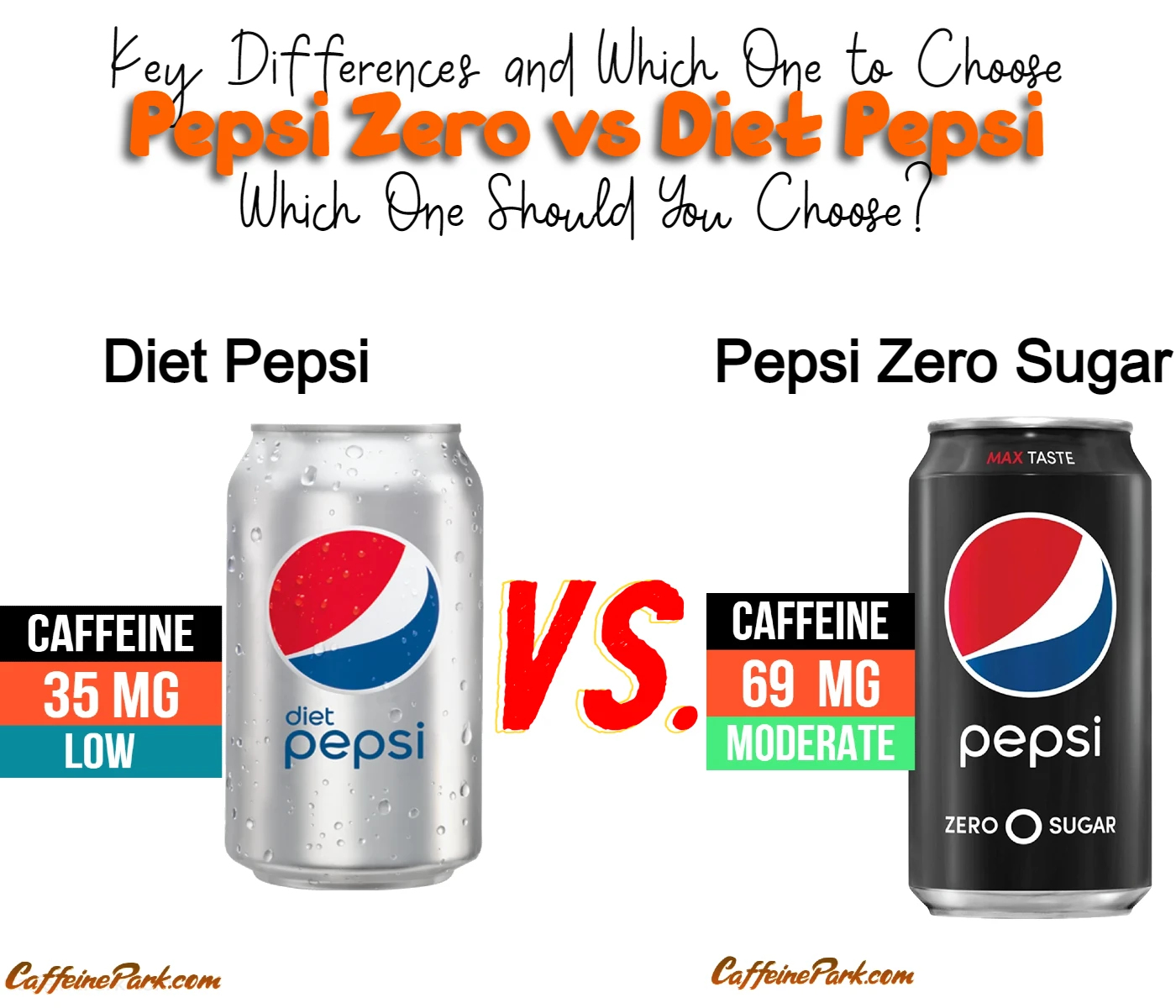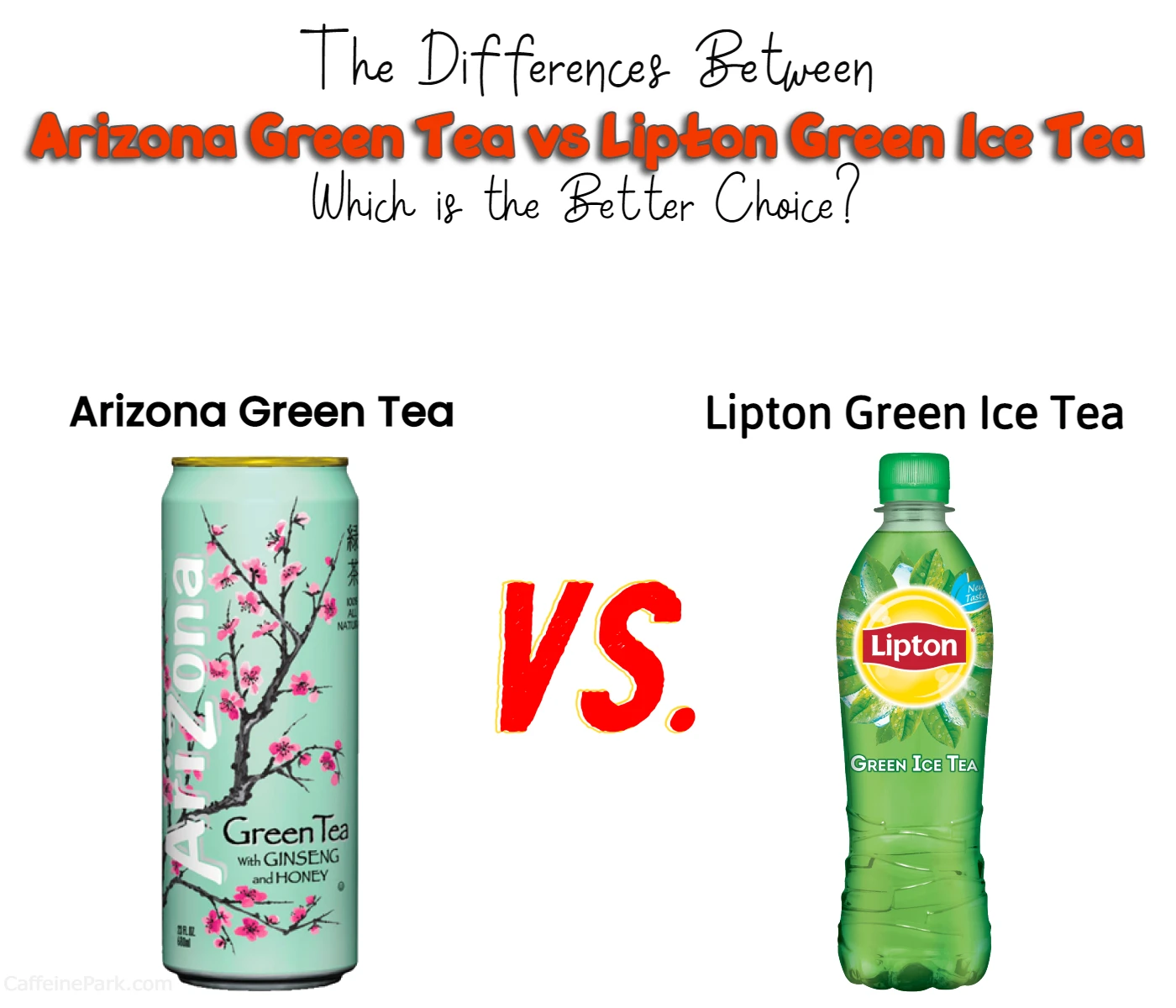
Welcome to my blog! Today, we’re going to talk about the difference between green tea and herbal tea. While both are delicious and can be enjoyed hot or cold, they have some key differences that set them apart. If you’re a tea lover or looking for a new drink to try, keep reading to learn more.
First, let’s talk about green tea. Green tea is made from the leaves of the Camellia sinensis plant and is typically unfermented, which helps to preserve its natural antioxidants. It has a slightly bitter taste and is often described as grassy or vegetal. Green tea contains caffeine, although in smaller amounts than coffee, which makes it a popular choice for those looking for a natural energy boost.
On the other hand, herbal tea is made from a variety of plants, fruits, and herbs, such as chamomile, peppermint, and hibiscus. Unlike green tea, herbal tea is caffeine-free, making it a great choice for those who are sensitive to caffeine or looking for a relaxing drink before bedtime. The taste of herbal tea can vary greatly depending on the ingredients used, but it is generally milder than green tea and can have a range of flavors from sweet to spicy.
So there you have it, the main differences between green tea and herbal tea. Now that you know a little more about each, why not try both and see which one you prefer? In my next blog post, we’ll dive deeper into the health benefits of both types of tea, so be sure to read until the end.
| Green Tea | Herbal Tea |
|---|---|
| Made from the leaves of the Camellia sinensis plant | Made from a variety of plants, fruits, and herbs |
| Contains caffeine, although in smaller amounts than coffee | Caffeine-free |
| Has a slightly bitter taste and is often described as grassy or vegetal | The taste can vary greatly depending on the ingredients used |
| Rich in antioxidants and may help reduce the risk of chronic diseases such as heart disease and certain types of cancer | May offer a range of health benefits depending on the ingredients used |
| Best for those looking for a natural energy boost | Best for those who are sensitive to caffeine or looking for a relaxing drink before bedtime |
Difference between Green tea and Herbal tea
Green tea and herbal tea are both popular beverages enjoyed by people all around the world. While they may seem similar, they actually have many differences. In this article, we’ll explore the distinctions between green tea and herbal tea, including their ingredients, health benefits, and flavor profiles.
Ingredients
The main difference between green tea and herbal tea is its ingredients. Green tea is made from the leaves of the Camellia sinensis plant, while herbal tea is made from a variety of herbs, spices, and other plants.
Green tea contains caffeine and antioxidants called catechins, which have been linked to a variety of health benefits. The caffeine in green tea can help boost energy levels and mental focus, while the catechins can help reduce the risk of chronic diseases such as heart disease and certain types of cancer.
Herbal teas, on the other hand, are typically caffeine-free and contain a variety of ingredients depending on the type of tea. For example, chamomile tea is made from the dried flowers of the chamomile plant and is often used as a natural sleep aid. Peppermint tea is made from the leaves of the peppermint plant and is known for its refreshing and calming properties.
Health Benefits
Green tea and herbal tea both offer a range of health benefits, although they differ in their specific benefits due to their different ingredients.
Green tea is a rich source of antioxidants, which help protect the body from damage caused by free radicals. Free radicals are unstable molecules that can damage cells and contribute to aging and disease. The antioxidants in green tea, particularly catechins, have been shown to reduce inflammation, lower blood pressure, and improve brain function.
Herbal teas offer a variety of health benefits depending on their ingredients. For example, chamomile tea has been shown to reduce inflammation and promote relaxation, making it a popular choice for those struggling with stress and anxiety. Peppermint tea has been shown to relieve digestive issues such as bloating and constipation, while ginger tea can help reduce nausea and vomiting.
Flavor Profile
Green tea and herbal tea also differ in their flavor profiles. Green tea has a distinct grassy and slightly bitter taste, which can be enhanced by steeping the tea for a longer period of time or using cooler water. Some green teas also have a slightly sweet or nutty flavor.
Herbal teas come in a wide range of flavors depending on their ingredients. Chamomile tea has a mild, floral flavor with a hint of sweetness, while peppermint tea is refreshing and minty. Ginger tea has a spicy and slightly sweet taste, while hibiscus tea is tart and fruity.
Preparation
The preparation of green tea and herbal tea also differs. Green tea is typically prepared using hot water that is around 175°F and is steeped for 1-3 minutes depending on the desired strength. Herbal teas can be prepared using boiling water and are often steeped for longer periods of time, ranging from 5-10 minutes.
Which Tea is Right for You?
Choosing the right type of tea for you depends on your personal preferences and health goals. Here are some factors to consider when deciding between green tea and herbal tea:
If you’re sensitive to caffeine or trying to reduce your intake, herbal tea may be a better choice for you. Green tea contains caffeine, although in lower amounts than coffee. If you do choose green tea, you may want to opt for a decaffeinated version or limit your consumption to earlier in the day to avoid disrupting your sleep.
Both green tea and herbal tea offer a range of health benefits, but they differ in their specific benefits. If you’re looking for a beverage that can help reduce the risk of chronic diseases such as heart disease and certain types of cancer, green tea may be the way to go. On the other hand, if you’re looking for a natural remedy for a specific ailment such as insomnia or digestive issues, an herbal tea with the appropriate ingredients may be more beneficial.
Your taste preferences are also an important factor to consider. If you enjoy a grassy and slightly bitter taste, green tea may be your preferred choice. If you prefer a milder flavor or a specific taste such as mint or chamomile, herbal tea may be more to your liking.
If you’re short on time or prefer a quick and easy beverage, herbal tea may be more convenient. Many herbal teas can be steeped for longer periods of time without becoming bitter, making them a great option for those who don’t want to worry about timing the perfect steep.
Ultimately, the best tea for you is the one that you enjoy drinking and that aligns with your personal health goals. Whether you choose green tea or herbal tea, both offer a range of health benefits and can be a great addition to a healthy lifestyle.
Conclusion
In summary, green tea and herbal tea differ in their ingredients, health benefits, flavor profiles, and preparation methods. Green tea is made from the leaves of the Camellia sinensis plant and contains caffeine and antioxidants, while herbal tea is made from a variety of herbs and spices and is typically caffeine-free. Both types of tea offer a range of health benefits, with green tea being particularly beneficial for reducing the risk of chronic diseases and herbal teas offering specific benefits depending on their ingredients. When it comes to flavor, green tea has a grassy and slightly bitter taste, while herbal teas come in a variety of flavors ranging from floral to spicy.
FAQs
Both types of tea offer health benefits, but they differ in their specific benefits. Green tea is rich in antioxidants and may help reduce the risk of chronic diseases such as heart disease and certain types of cancer. Herbal tea may offer a range of health benefits depending on the ingredients used, such as promoting relaxation or aiding digestion.
Yes, green tea does contain caffeine, although in smaller amounts than coffee. If you’re sensitive to caffeine, you may want to opt for a decaffeinated version of green tea or choose an herbal tea instead.
There are many different types of herbal tea, each with its own unique taste and potential health benefits. Some common types include chamomile tea, peppermint tea, ginger tea, and hibiscus tea.
While it’s common to add milk to black tea, it’s not typically added to green tea or herbal tea. However, you can add a splash of milk or a non-dairy milk alternative if you prefer.
While both types of tea are generally considered safe, they may interact with certain medications or cause side effects in some individuals. It’s always a good idea to check with your doctor before adding any new foods or drinks to your diet, especially if you have any medical conditions or take any medications.
Read More:
Source:
- Green Tea: Health Benefits, Side Effects, and Research – Medical News Today (https://www.medicalnewstoday.com/articles/269538)
- Health Benefits of Herbal Tea – WebMD (https://www.webmd.com/diet/health-benefits-herbal-tea)
- Green Tea Health Benefits – Harvard Health Publishing (https://www.health.harvard.edu/heart-health/green-tea-may-lower-heart-disease-risk)
- Health Benefits of Tea: Herbal Teas – University of Michigan Medicine (https://www.uofmhealth.org/health-library/hn-2123008)





